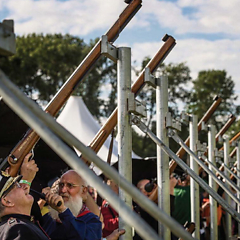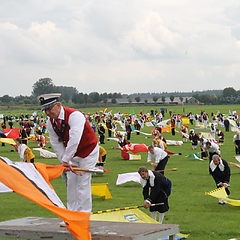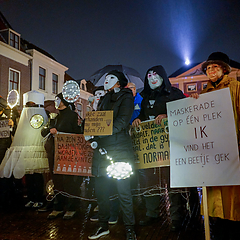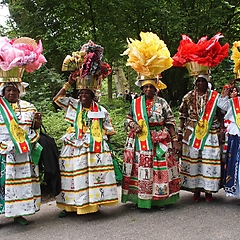Epiphany is a lights feast that is still mainly celebrated in Mid-Brabant. Every year, on January 6, small groups of children go from door to door to sing Epiphany songs. In exchange they hope to get some sweets or money. The children are dressed up as the three kings from the East: Caspar, Melchior and Balthasar. In various neighbourhood, community and care centres, groups can sing for a jury. Egg cakes are distributed as well. Some of them contain a bean. Whoever gets the bean, earns an extra prize. The children sing special three kings songs. The most popular songs that are still sung, are old songs with a makeover. One of those is: ‘Three Kings, Three Kings, give me a new hat. The old one is worn, my mother is not to know. My father has put the money on the counter.’ Nowadays the children more often collect money for a good cause. At primary schools in Tilburg and surroundings attention is given to Epiphany singing with the help of a teaching pack.



